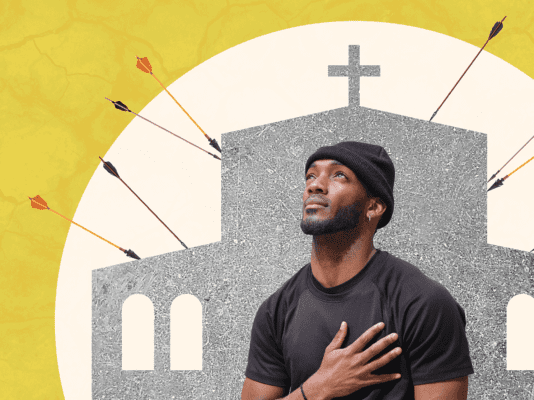In recent years, an increasing emphasis has been placed on mental health struggles, both globally and within religious communities. This shift in focus reflects a broader understanding and acceptance of mental health issues, moving beyond antiquated stigmas and toward a more compassionate and informed approach. The pastoral community is no exception to this trend, as recent data unveils a complex picture of the mental and emotional well-being of pastors and the congregations they shepherd.
A notable observation from the statistics is that a significant portion of younger pastors, under the age of 45, report struggling with mental health issues. In particular, a report by Lifeway Research reveals that 26% of U.S. Protestant pastors overall and 46% of pastors who are under 45 say they face mental health challenges. And more than half of the church leaders have witnessed members of their congregations suffering from conditions like depression and bipolar disorder.
Mental health struggles and COVID-19
The COVID-19 pandemic appears to have further strained the mental and emotional health of both pastors and congregants. A Barna Group study reveals that while many pastors believe they understand the immediate needs of their congregants regarding spiritual and physical well-being, there’s a lesser clarity when it comes to mental and emotional health; only 24% of pastors “definitely” understand, while 65% “somewhat” understand these needs. This lack of clear understanding indicates a potential area of growth for pastoral education and support systems.
The pastoral role has traditionally involved a significant amount of one-on-one discipleship, a facet of ministry that was complicated by the pandemic’s social distancing mandates. Despite the hurdles, 66% of U.S church leaders report that they are doing well at providing one-on-one discipleship, although a third of them (33%) are struggling to meet the needs for ongoing discipleship amidst the pandemic. This highlights the importance of adaptability and the potential for developing new methods of pastoral care and discipleship.
In the midst of addressing congregational needs, pastors themselves are not exempt from facing their own mental and spiritual challenges. Around 49% of church leaders, according to the Barna Group, find it difficult to make time for personal spiritual development, an aspect that is crucial for maintaining mental and spiritual health and effectively ministering to others. The challenge of balancing personal spiritual growth with the demands of pastoral duties underscores the necessity for creating support systems and resources for pastors.
The need for resources
The statistics and insights gleaned from recent studies underscore the profound need for increased awareness, education, and resources dedicated to mental health within the pastoral community and the wider church body. The complexities of mental health demand a nuanced and compassionate approach, acknowledging the unique challenges faced by pastors and congregants alike. This call for awareness is not just a matter of bettering individual lives, but enriching the collective spiritual and emotional fabric of the church community.
The survey data also suggests a pressing need for the development of robust mental health programs and resources within the church. By investing in mental health education and resources, churches can become safe havens where individuals, including pastors, can find support, understanding, and healing. This would also involve creating platforms for open discussions around mental health, breaking down existing stigmas, and promoting a culture of understanding and support.
The Church has a unique opportunity to foster a culture of understanding and support around mental health and to be a place of hope and healing. This includes equipping pastors with the necessary tools and knowledge to navigate mental health challenges, both personally and within their congregations. The narratives surrounding mental health within the church are changing, and with informed, compassionate action, there’s hope for fostering a more understanding and supportive church environment.









